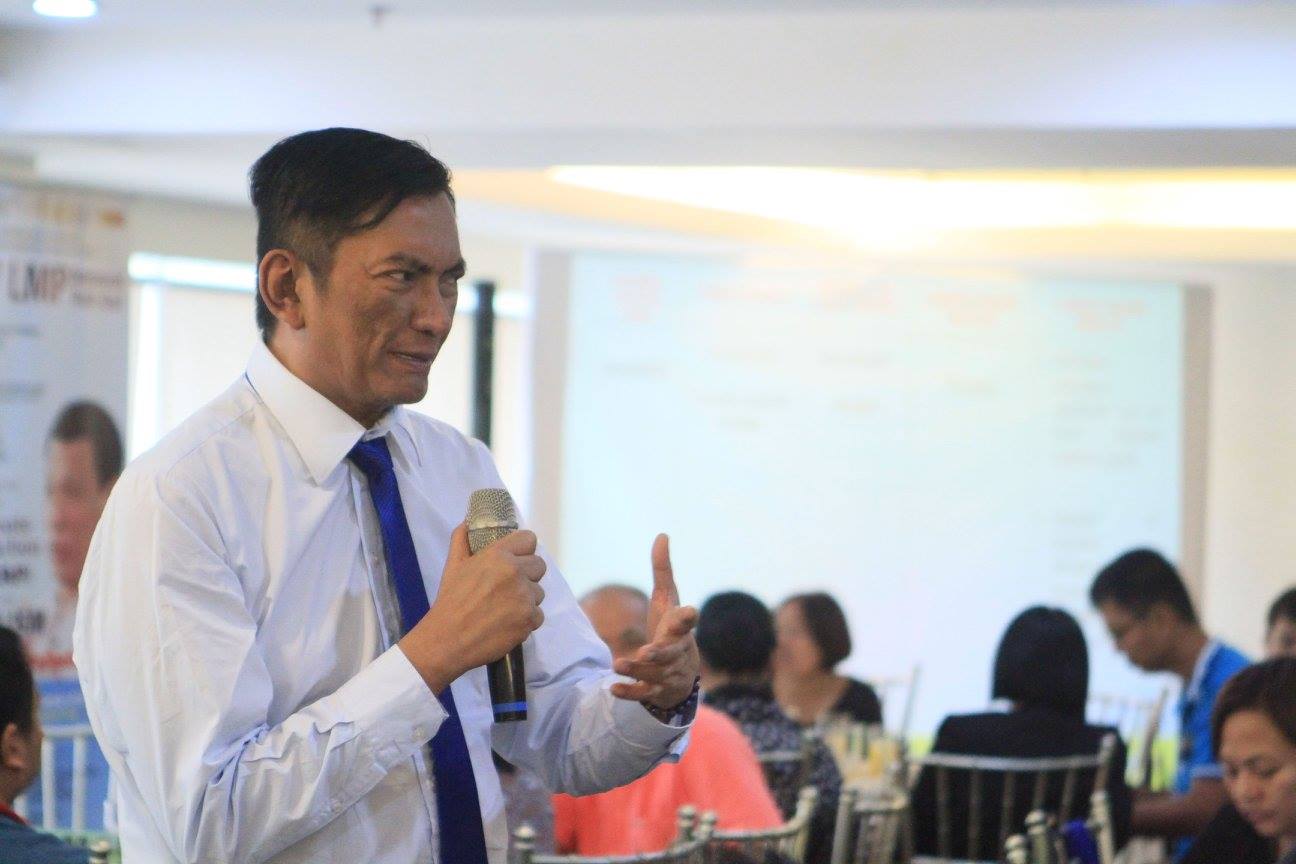News
P20-B to fund programs for returning 420K OFWs sought

Albay Rep. Joey Salceda said the proposed funding could be allocated through the recently-signed Bayanihan to Heal as One Act, which gives President Rodrigo Duterte authority to realign the government’s national budget and savings to better respond to the Covid-19 pandemic. (File Photo: Joey Sarte Salceda/Facebook)
MANILA – The chairman of the House ways and means committee on Wednesday proposed an allocation of PHP20 billion to fund Department of Labor and Employment (DOLE) programs for the arrival of an estimated 420,000 overseas Filipino workers (OFWs) in the coming months as the coronavirus disease (Covid-19) reaches its peak.
Albay Rep. Joey Salceda said the proposed funding could be allocated through the recently-signed Bayanihan to Heal as One Act, which gives President Rodrigo Duterte authority to realign the government’s national budget and savings to better respond to the Covid-19 pandemic.
Salceda noted that a major negative impact of the Covid-19 crisis is the loss of income and aggregate demand, as well as remittances of almost USD5 billion per year, which could inflict structural damage on the country’s economy.
“That may take 2-3 years before we can restore it to normal levels. We’re highly exposed because some of our best-paid OFWs are sea-based, and that relies on tourism and global trade, which would suffer lingering effects within the next 24 to 36 months,” he said.
“Sa value chain analysis po namin ng (In our value chain analysis of) major economies and sectors where there are OFWs, we found that up to 420,000 may come home from the Philippines at some point within the next six months, with 170,000 to 180,000 of them coming home because of temporary circumstances,” he added.
He stressed the need to prepare the quarantine and testing of as many as 420,000 OFWs to prevent a second wave of infections prompted by those who may come from heavily-infected countries and workplaces.
Salceda said the country’s overseas workforce is significantly exposed to a global recession, as declared by the International Monetary Fund, as up to 25 percent of total remittances come from sea-based work in trade-heavy and tourism-related sectors.
“If we cannot test them, that is potentially a massive wave of vectors that, if they infect others, could overwhelm the health care system. So they will need to be tested and isolated,” Salceda said.
“That’s why aid on top of the usual programs they are entitled to under DOLE’s CAMP (Covid-19 Adjustment Measures Program) and TUPAD (Tulong Pangkabuhayan sa ating Disadvantaged or Displaced Workers Program) will be necessary,” he added.
Salceda proposed to the Inter-Agency Task Force (IATF) on Emerging Infectious Diseases to adopt a unified protocol for handling returning OFWs.
“Let’s come up with a quarantine protocol. As soon as they arrive, they have to declare in a detailed manner the places where they came from within a period of time. You test them afterward. As soon as they accomplish that truthfully, you give them cash, outright, as assistance for themselves and their families,” he said.
“You place them in someplace for quarantine, or you send them home but you alert the police and the local authorities, down to the Barangay, so that the 14-day quarantine can be imposed. You essentially consider them persons under monitoring,” he added.





















